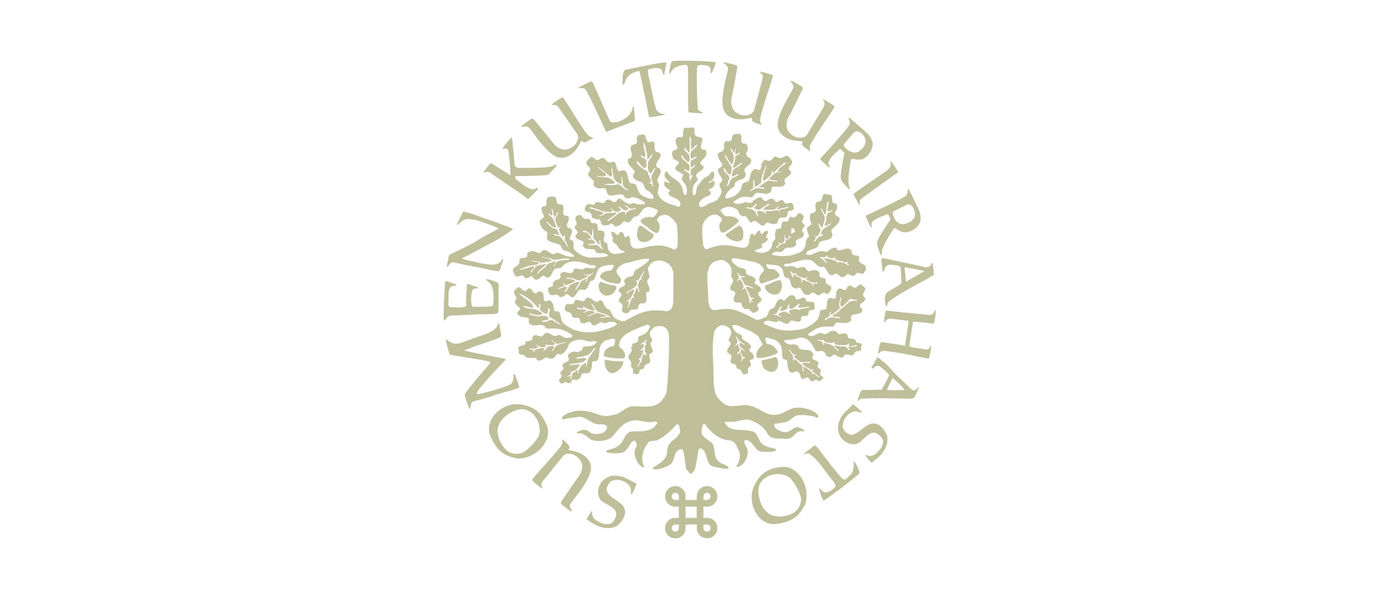Finnish Cultural Foundation hands out more than half a million euros in grants to Aalto community members
Thirty-one persons or groups at Aalto University taking part in the October application round were selected for grants for science or art from the Finnish Cultural Foundation worth a total of EUR 566,500.
Grant recipients from Aalto include researchers and students from nearly all schools at Aalto University. Seventeen of the 31 grants are for the whole year and about half of them are for producing a doctoral thesis.
Recipients of grants for the arts include Marianne Huotari for her artistic work involving ceramics rugs, Teemu Lindroos for his artistic doctorate involving land and environmental art, Merete Kemppainen for her doctoral thesis on public space and homelessness, and Pasi Toiviainen for his doctoral thesis on the ecological aspects of the architectural thinking of Buckminster Fuller.
Materials research is conspicuously present in the grants for science. Recipients funded included Kunal Ghosh, who is investigating how artificial intelligence can help in finding new technical materials and Mohammad Khavani Sariani, who is researching the dissolution and regeneration mechanisms of cellulose. Aleksi Barsk’s thesis is about the use of nanostructured materials in the seasonal storage of heat, and Laura Lemetti’s is on the organisation of silk materials in biomaterials at the molecular level.
Health and the development of treatments is another prominent theme in the grants. Anna Aksiuto is investigating ways of predicting psychopathic and narcissistic personality traits based on brain activity and physiological reactions. Ossi Kaikkonen’s doctoral thesis is on a new laser treatment for the retina and Saif Bunn’s thesis examines the use of ultrasound cutters in surgery. Liya Merzon deals with the possibilities offered by games in clinical research on ADHD in children and Levi Keller is writing about computational methods in theoretical spectroscopy. Mia Liljeström and Pietari Nurmi are investigating ways of identifying changes in brain networks in Alzheimer’s disease.
In business and economics, Merja Porttikivi is researching values applied to forests, the forest industry, and nature conservation as expressed in public debate and social media, and Juuso Mäkinen is investigating the labour market and public finance in his doctoral thesis.
In October, the Finnish Cultural Foundation received 9700 applications and distributed a total of EUR 24 million to 1023 applicants.

